Search
Search within Resources
1447 results found
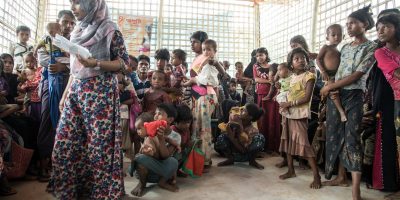
Background report
Gender-Based Violence Among Documented Rohingya Refugees in Bangladesh
The Rohingya, a Muslim minority group from the northern part of Rakhine State (formerly Arakan) in Myanmar, is among the most vulnerable of the world’s refugee communities. This study aims to shed light on gender-based violence among documented Rohingya refugees…
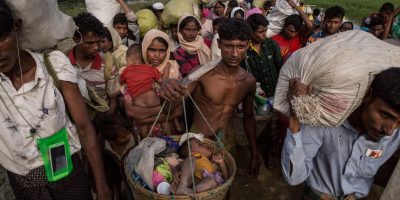
Evidence review
Social and Cultural Factors Shaping Health and Nutrition, Wellbeing and Protection of the Rohingya Within a Humanitarian Context
More than half a million Rohingya refugees, 60% of them children (UNICEF 2017), have crossed the border into Bangladesh, joining refugee camps or settling informally, and are in dire need of basic services such as food, health care, and protection.…
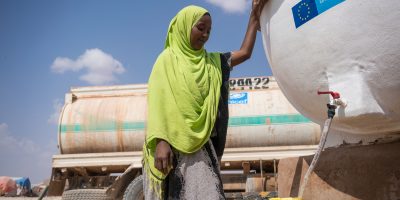
Briefing
Guidance Note 1: Contextual Factors and Risks to Cholera/AWD Transmission in Somalia and the Somali Region of Ethiopia
The purpose of this guidance note is to support UNICEF staff in understanding the contextual factors (the practices, behaviours, social norms and wider factors) that shape risks of cholera transmission, being able to separate the social and cultural factors from…
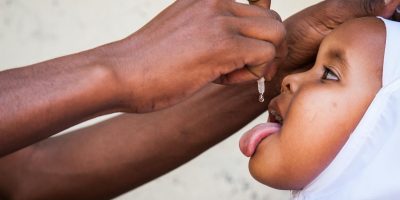
Briefing
Guidance Note 2: Seeking Treatment for Cholera in Somalia and the Somali Region of Ethiopia: Contextual Factors
The purpose of this guidance note is to support UNICEF staff in understanding the contextual factors (the practices, behaviours, social norms and wider factors) that shape risks of cholera transmission, being able to separate the social and cultural factors from…
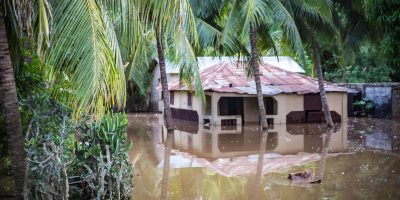
Background report
Field notes
Cholera Fears Rise Following Atlantic Hurricanes
As hurricanes barrel through some of the most impoverished communities in the Western Hemisphere, and as floods ravage Yemen, Sierra Leone, Bangladesh and India, now is the time to rethink and prioritize cholera epidemic prevention and response. In the aftermath…
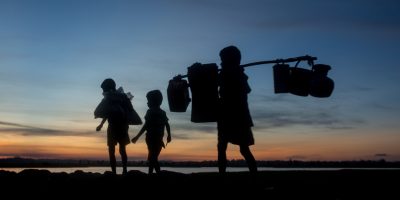
Background report
Ethno-Demographic Dynamics of the Rohingya-Buddhist Conflict
Ethno-demographic grievances define the conflict between Buddhist and Rohingya-Muslim populations in the Rakhine State of Myanmar. Due to the government’s decision to avoid the enumeration of self-identifying Rohingya, this study has relied on several recent local surveys to reconstruct a…
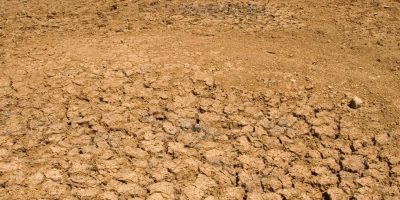
8 Critical Factors Behind Every Food Crisis
From the beginning of time, their have been food crises in one form or another. Ancient books such as the Bible have records of various famines devastating portions of the world. And while it’s easy to attribute these crises to…

Evidence review
Contextual Factors Shaping Cholera Transmission and Treatment-Seeking in Somalia and the Somali Region of Ethiopia
The drought in the Horn of Africa and the protracted conflict has created a humanitarian emergency that has led to a declaration of famine in several regions of Somalia and the Somali region of Ethiopia. As a result of depleted…
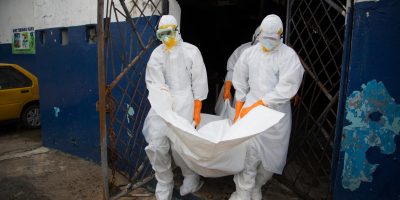
Evidence review
Estimating the Number of Secondary Ebola Cases Resulting from an Unsafe Burial and Risk Factors for Transmission during the West Africa Ebola Epidemic
Safely burying Ebola infected individuals is acknowledged to be important for controlling Ebola epidemics and was a major component of the 2013–2016 West Africa Ebola response. Yet, in order to understand the impact of safe burial programs it is necessary…
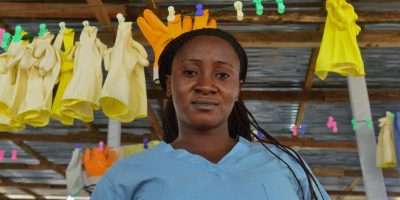
Evidence review
Material Proximities and Hotspots: Toward an Anthropology of Viral Hemorrhagic Fevers
This article outlines a research program for an anthropology of viral hemorrhagic fevers (collectively known as VHFs). It begins by reviewing the social science literature on Ebola, Marburg, and Lassa fevers and charting areas for future ethnographic attention. We theoretically…
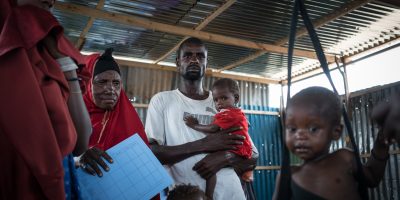
Evidence review
The Private Sector and Health: A Survey of Somaliland Private Pharmacies.
Within the private sector there are numerous levels of private care, but the majority of private facilities offering clinical care are clustered in large cities and are only accessible to the few who can afford them (and indeed, wealthier Somalis…

Background report
Somalia Livelihood Profiles
In Somalia, Food Security and Nutrition Analysis Unit (FSNAU) - a multi-donor project managed by the Food and Agriculture Organization of the United Nations) and FEWS NET are working together to ensure that livelihood products, tools, and skills meet FSNAU’s…


